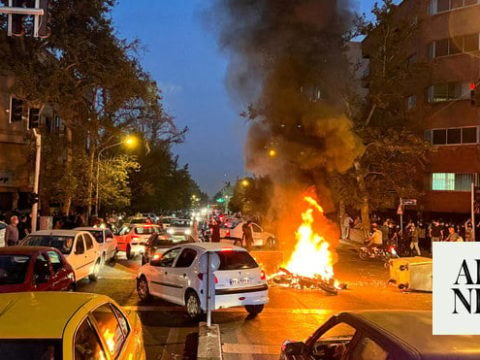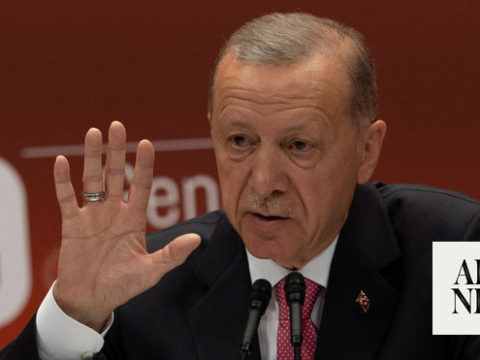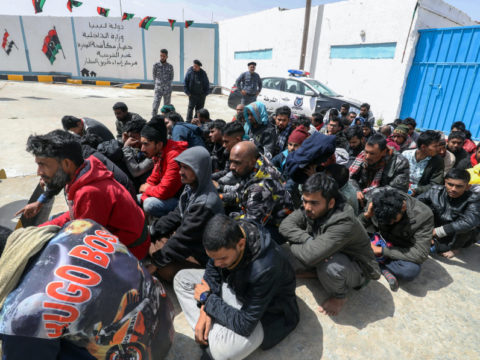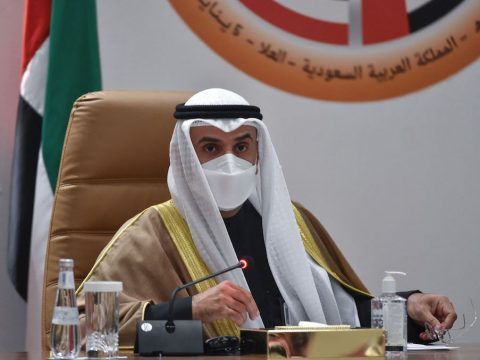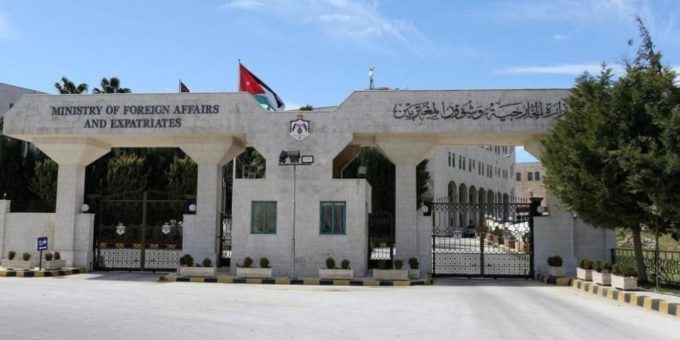
NEW YORK: UN human rights experts on Thursday strongly condemned Iran’s execution of a juvenile offender “in violation of an absolute prohibition under international human rights law,” and called on Tehran to stop sentencing children to death.
“We strongly deplore that the authorities proceeded with the execution of juvenile offender Arman Abdolali,” the experts said.
He was 17 years old when he was convicted in 2013 for the alleged murder of his girlfriend Ghazaleh Shakour.
Despite international outcries to spare his life, he was hanged at dawn on Wednesday in Gohardasht Prison after being transferred to solitary confinement the night before, without prior notice or a chance to meet his family for the last time.
During his eight years in prison, local and international human rights organizations said the teen had been subjected to psychological torture by being placed in solitary confinement for execution seven times.
They called his execution a “brazen violation of international treaties and conventions on the Rights of the Child.”
The UN experts — including Javaid Rehman, special rapporteur on the situation of human rights in Iran, and Mikiko Otani, chair of the Committee on the Rights of the Child — said Abdolali’s execution is “emblematic of the deep flaws of the juvenile justice system in the Islamic Republic of Iran.” They called on Tehran to initiate and prioritize judicial reforms.
“Abdolali’s execution had been scheduled and re-scheduled at least on six occasions, during which he was transferred to solitary confinement in preparation for his execution only to be returned to his cell at the last minute,” they said.
“Special Procedures mandate holders and experts from Treaty Bodies had on several occasions (called) on the Government to halt his execution.”
Amnesty International called Abdolali’s first 2015 trial “grossly unfair,” conducted by a court that “relied on torture-tainted confessions,” following Shakour’s disappearance a year before.
It said he had been sentenced to death twice but the execution was stopped both times following international outcries.
Amnesty added that in his 2020 retrial, where a second death sentence was issued, the court ruled on the teenager’s guilt “in the absence of evidence to the contrary.”
Iran’s judiciary also hanged a young couple in the country’s southwest on Wednesday, as well as executing 19 people in the past few weeks, including a woman, in prisons nationwide.
Reiterating international calls for Iran to abolish the death penalty, in particular for juvenile offenders, the UN experts urged it to commute all death sentences issued against juvenile offenders, in line with its international obligations.
There are currently over 85 juvenile offenders on death row in Iran. The majority of those come from marginalized backgrounds and were themselves victims of abuse.
The experts said they were sentenced “following processes that significantly violate international human rights law.”

